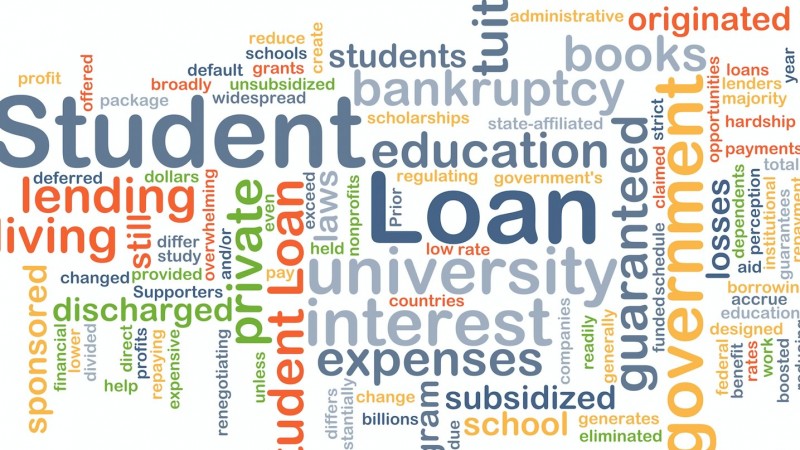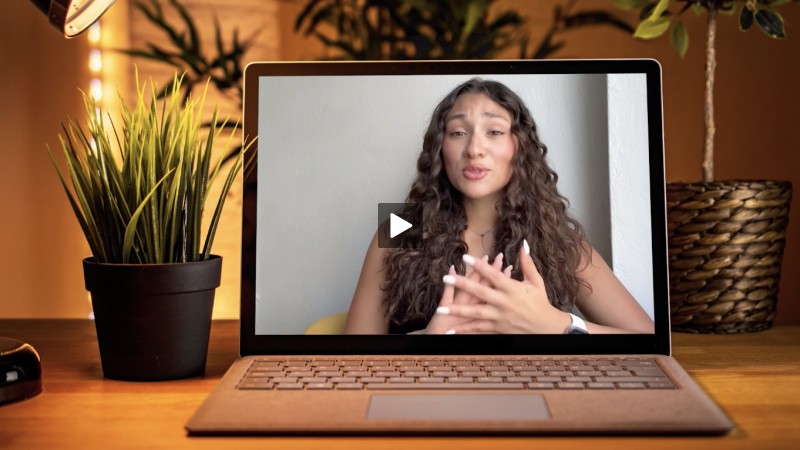Free Money for College - Guaranteed!
- Details
- Written by Tracy Scott
- Category: Articles

"We have special scholarships that you can't find anywhere else."
Awww! You're letting me in on super-secret information. Gee, thanks!
"We'll do it all. Just pay us a small processing fee, and we'll get to work."
As families are trying to figure out how to pay for tuition and other college expenses not covered by Federal Student Aid, promises of free money for a small fee are appealing.
Whew! That sounds great because I'm too busy studying and working a part-time job.
"I need your bank account number to set aside this scholarship for you."
Uh - what?
Scholarship and financial aid scams rear their ugly heads at the start of each semester. As families are trying to figure out how to pay for tuition and other college expenses not covered by Federal Student Aid, promises of free money for a small fee are appealing.
What's the Worst That Could Happen?
Scammers get an A+ for effort with financial aid and scholarship scams. But, as the cheaters that everyone knows they are, it's not surprising that they've rigged the test in their favor. They create the questions and hold the answer key. While they think they're smart, consumers like you are smarter. For example, you know these crooks...
- Make worthless guarantees
- Want your cash, private financial data, or both
- Use pressure tactics that stress "limited availability" or uniqueness to get you to buy now
You might hear these financial aid and scholarship scam tactics translated as:
"Few people know about this hidden source of free money. If you don't claim this opportunity now, it will go to another student."
"Free money for college is guaranteed."
"I see you're eligible for a $5,000 grant. We'll take care of everything. Give me your credit card number to cover what we have to pay in application and scholarship search fees, and the grant is yours."
They don't realize that many consumers dropped this class last semester. They saw it for what it was - another way to empty bank accounts and steal identities. If you're a new student and haven't heard about these tactics, don't worry. We'll bring you up to speed.
These bad actors will say anything to get you to trust them. They'll play on your emotions by using flattery and false promises to get you to share personal data. Scammers will even offer "success stories" or fake testimonials from people who supposedly used their services. Don't fall for it.
One of the biggest lies they continue to tell is that you need them to help you fill out the Free Application for Federal Student Aid (FAFSA) - for a fee. They hope you'll forget the word "Free" is in the document's title. The application costs nothing to submit or process. If you need help, contact your school's financial aid office or the Federal Student Aid Information Center who will help you fill out the form gratis.
Legitimate scholarships and grants do not charge application or processing fees. Use free online scholarship matching services like Fastweb.com or Scholarship.com to locate cash for college. Avoid any scholarship search service that guarantees they'll match you with free money for a fee.
Report suspected financial aid and scholarship scams to the Federal Trade Commission and your state attorney general.


































